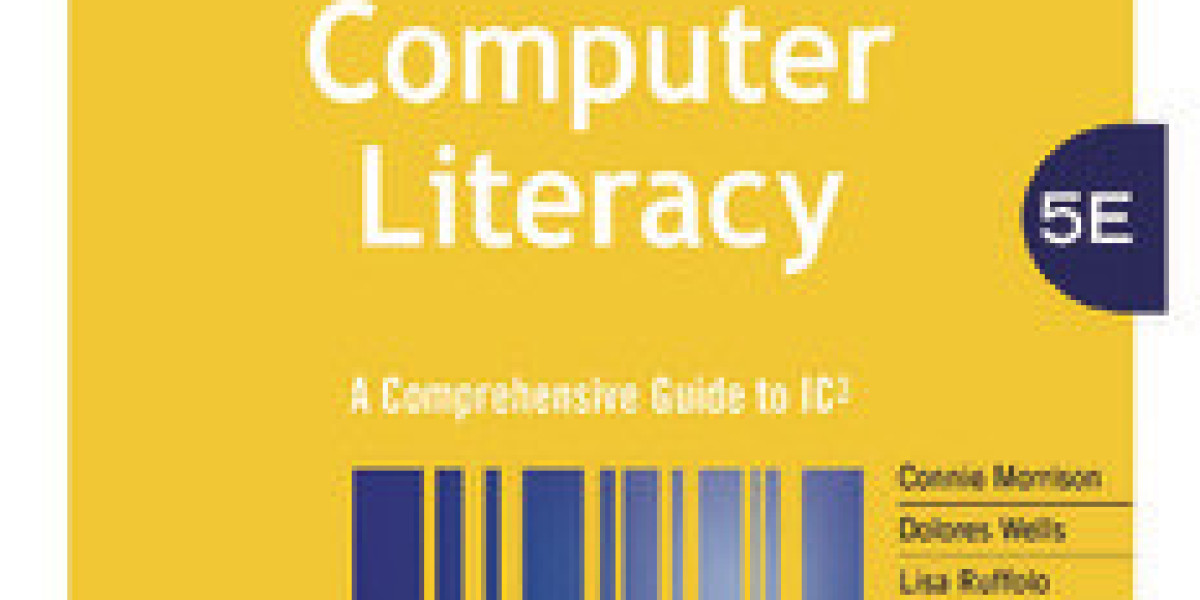With the increasing reliance on technology in almost every aspect of our lives, having a good understanding of basic computer concepts and skills is crucial for personal and professional success. Whether you are a student, a job seeker, or just someone looking to improve their digital knowledge, mastering computer literacy basics is a valuable investment in your future.
Computer literacy basics cover a wide range of foundational knowledge and skills that are necessary for navigating and utilizing various computer systems and applications effectively. These basics include understanding how computers work, navigating operating systems, using common software applications, basic troubleshooting, internet navigation, and cybersecurity awareness.
One of the key components of computer literacy basics is understanding how computers work. This includes knowledge of hardware components like the central processing unit (CPU), memory (RAM), storage devices, and input/output devices. Understanding how these components interact with each other to perform various tasks is essential for troubleshooting computer issues and optimizing performance.
Navigating operating systems is another important aspect of computer literacy basics. Most computers run on operating systems like Windows, macOS, or Linux, which provide a user interface for interacting with the computer. Knowing how to navigate through the file system, customize settings, install and uninstall software, and perform basic system maintenance tasks are all vital skills for efficient computer use.
Using common software applications is also a key component of computer literacy basics. Applications like word processors, spreadsheets, presentation software, and email clients are commonly used in both personal and professional settings. Understanding how to use these applications to create, edit, and share documents is essential for communication and collaboration.
Basic troubleshooting skills are essential for any computer user. Knowing how to identify and resolve common issues like slow performance, software crashes, and internet connectivity problems can save time and frustration. Being able to diagnose hardware problems and perform basic maintenance tasks like cleaning out dust and updating drivers is also important for keeping your computer running smoothly.
Internet navigation is another fundamental skill included in computer literacy basics. Knowing how to browse the web, search for information effectively, evaluate the credibility of websites, and protect your privacy online are all essential skills in today's digital world. Understanding how to use email, online social networks, and other communication tools is also important for staying connected in the digital age.
Cybersecurity awareness is a critical component of computer literacy basics. With the increasing number of cyber threats like malware, phishing scams, and data breaches, knowing how to protect your personal information and devices is essential. Understanding basic cybersecurity practices like using strong passwords, keeping software up to date, and being cautious with links and attachments can help prevent cyber attacks and keep your data safe.
In conclusion, computer literacy basics are fundamental skills that everyone should possess in today's digital age. Whether you are a student, a job seeker, or someone looking to improve your digital knowledge, mastering these foundational skills is essential for personal and professional success. By understanding how computers work, navigating operating systems, using common software applications, basic troubleshooting, internet navigation, and cybersecurity awareness, you can enhance your digital literacy and make the most of the technology at your fingertips.



